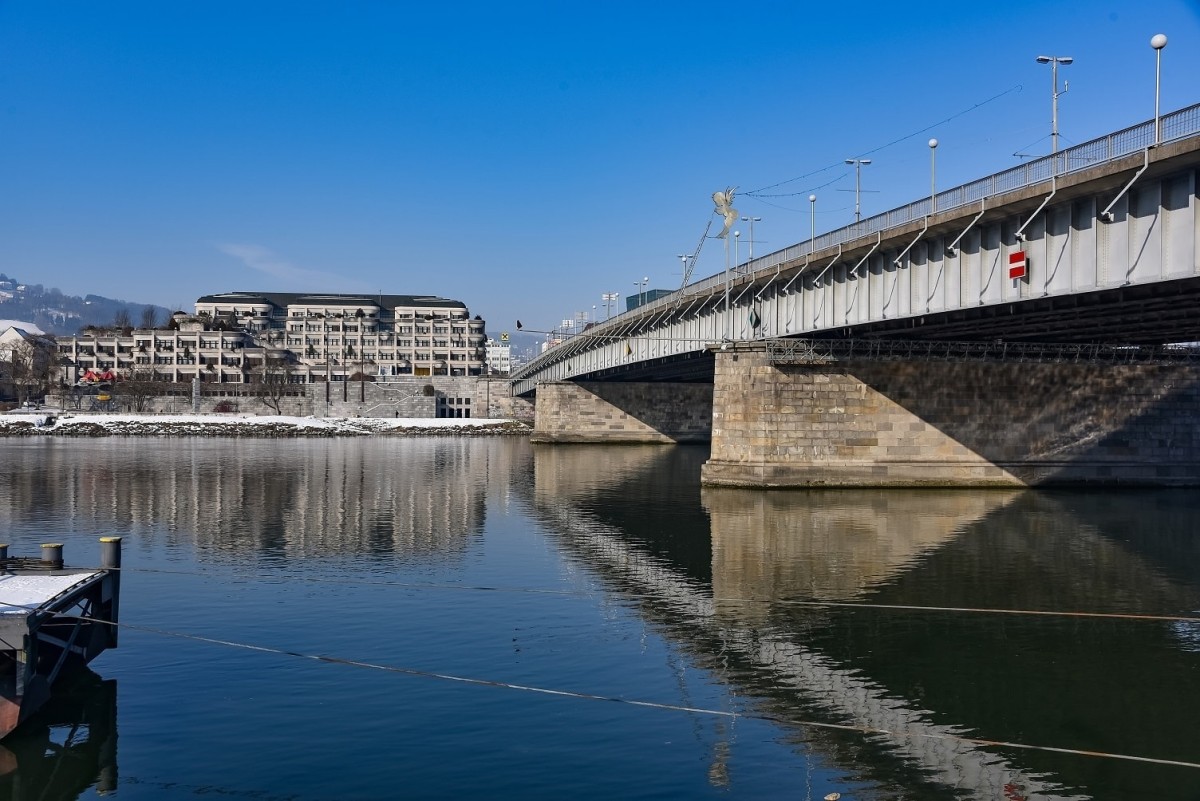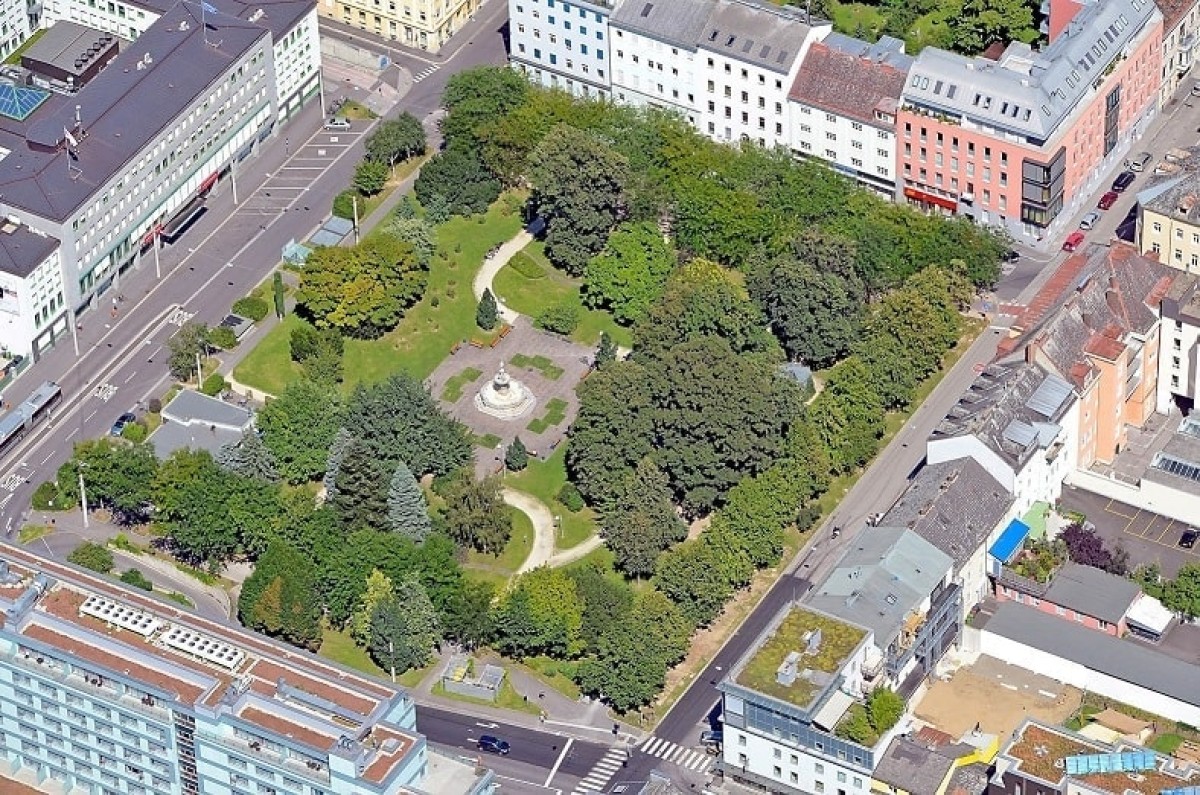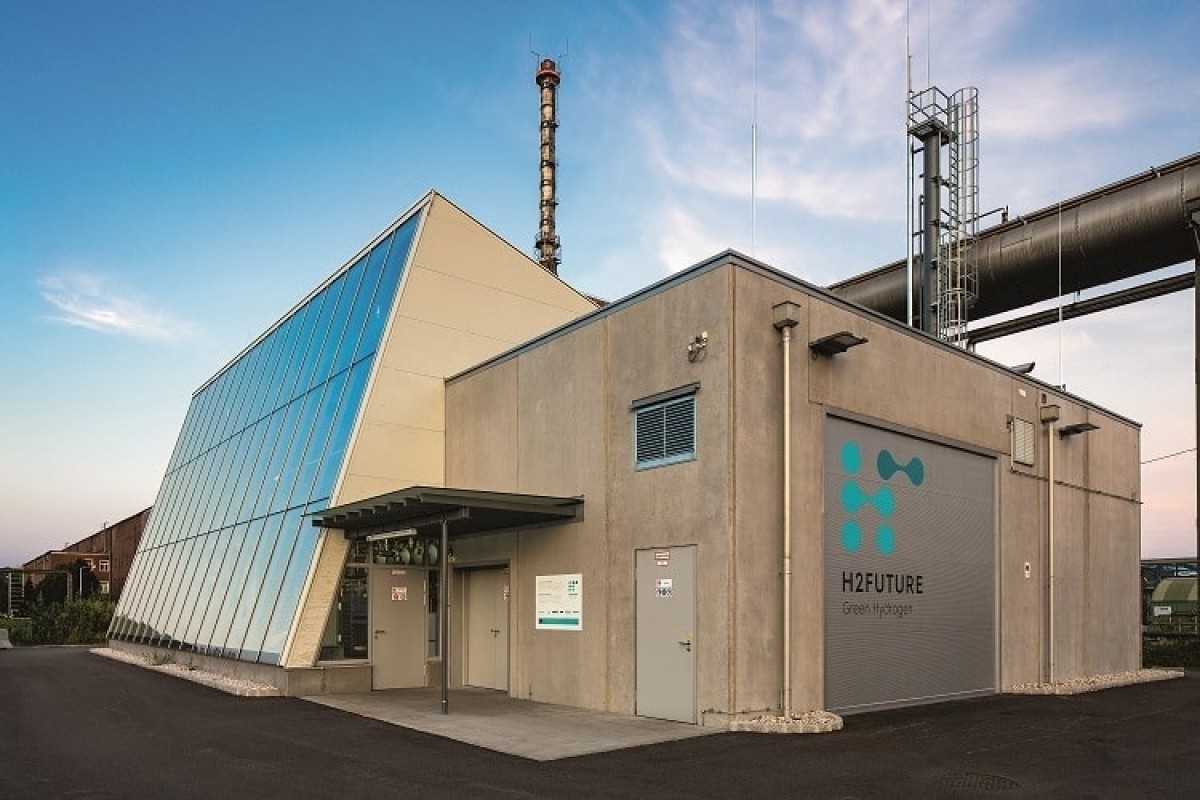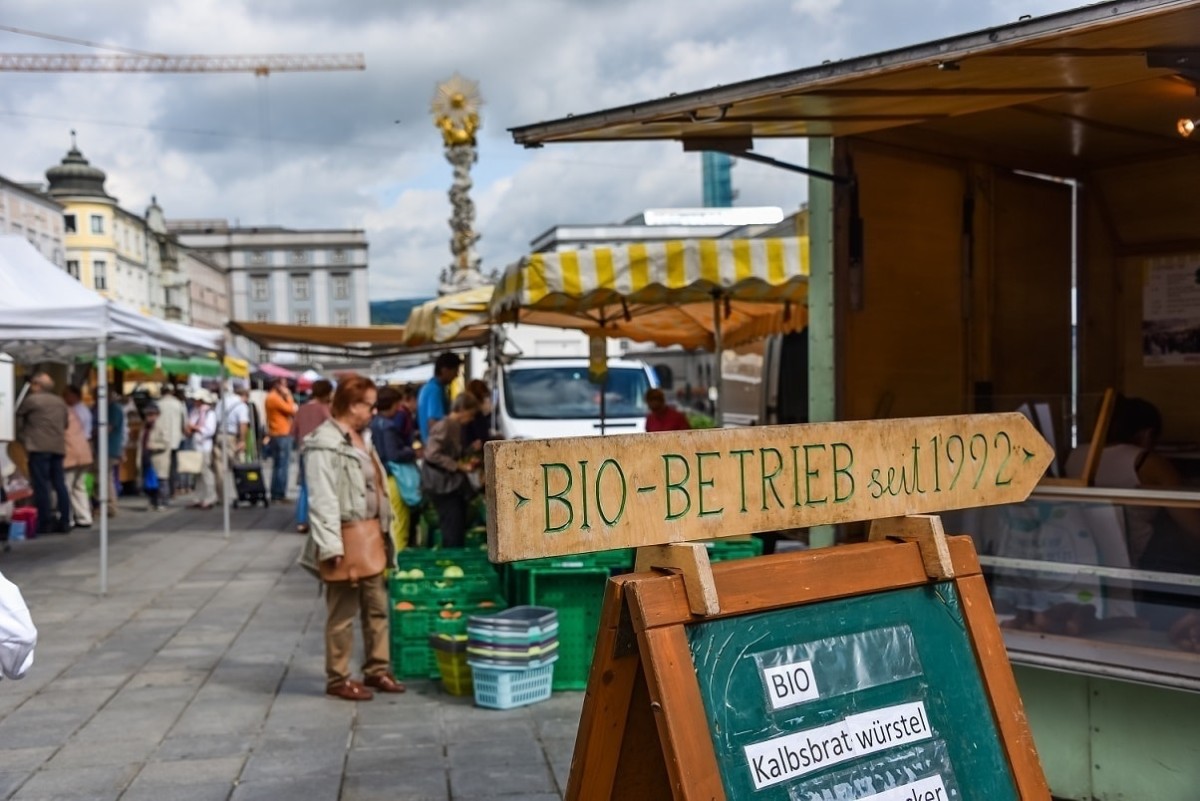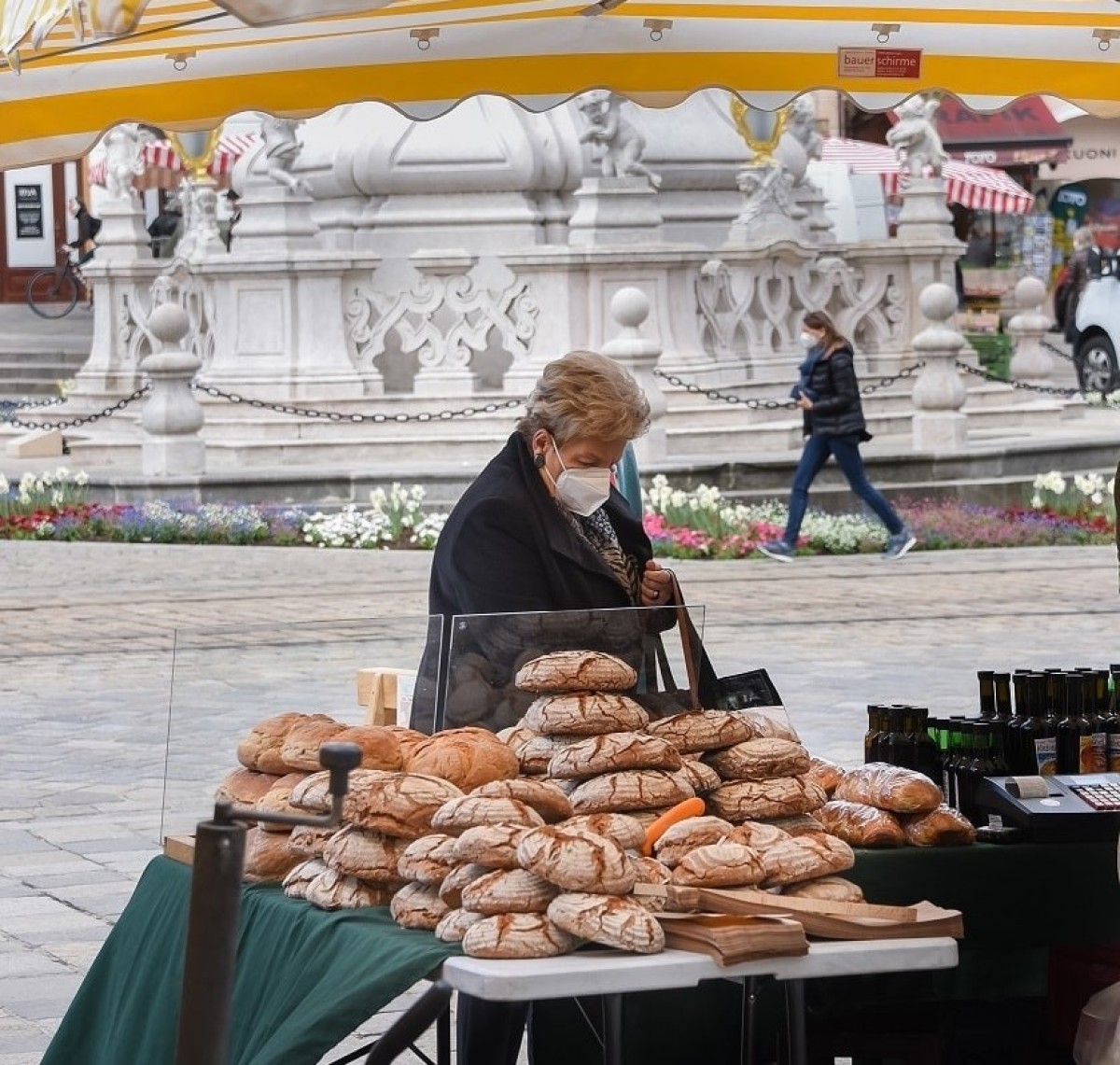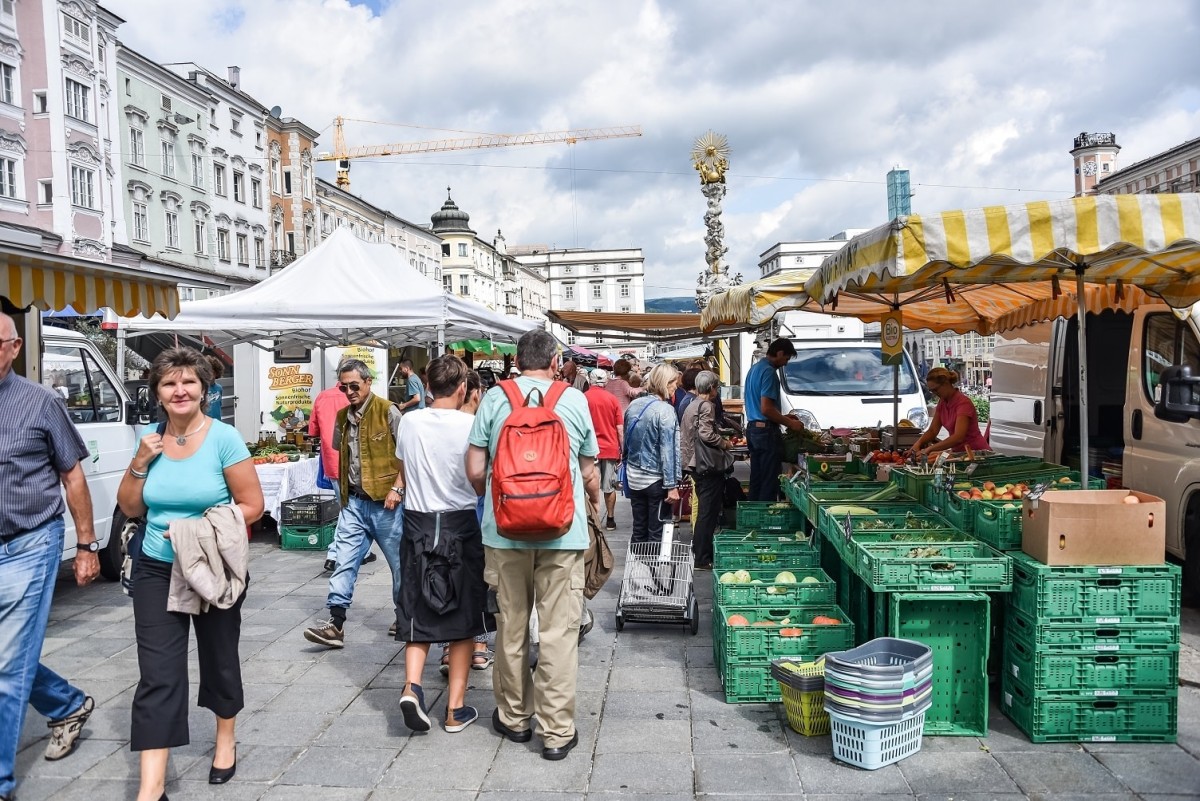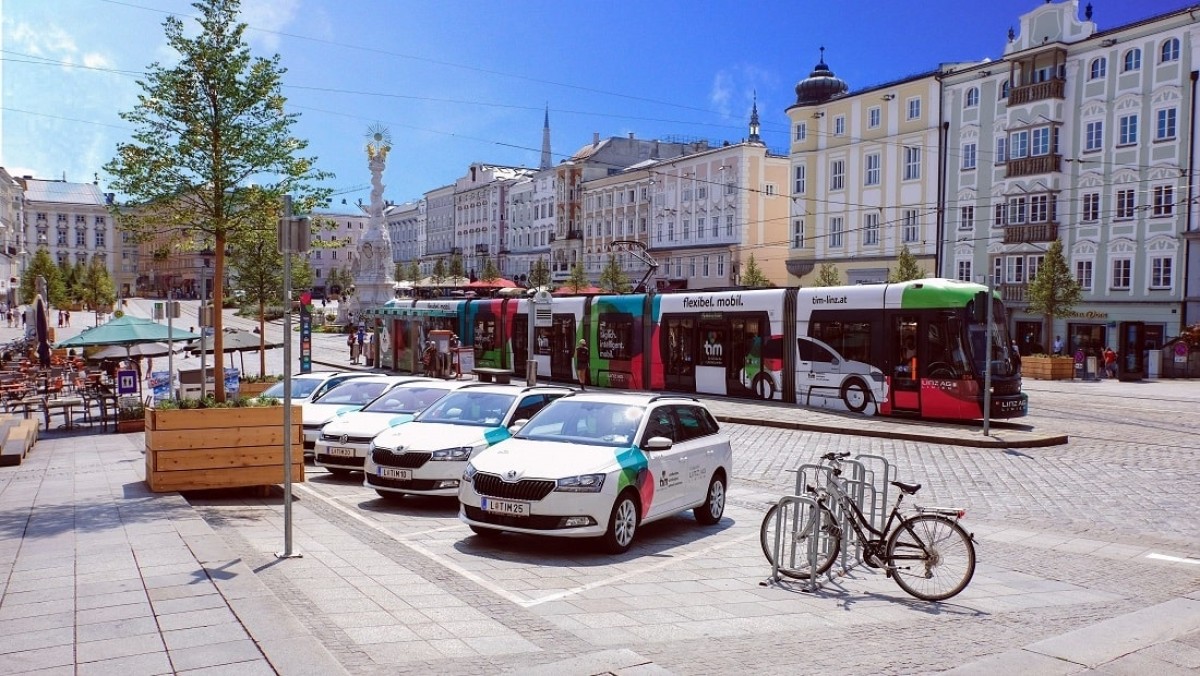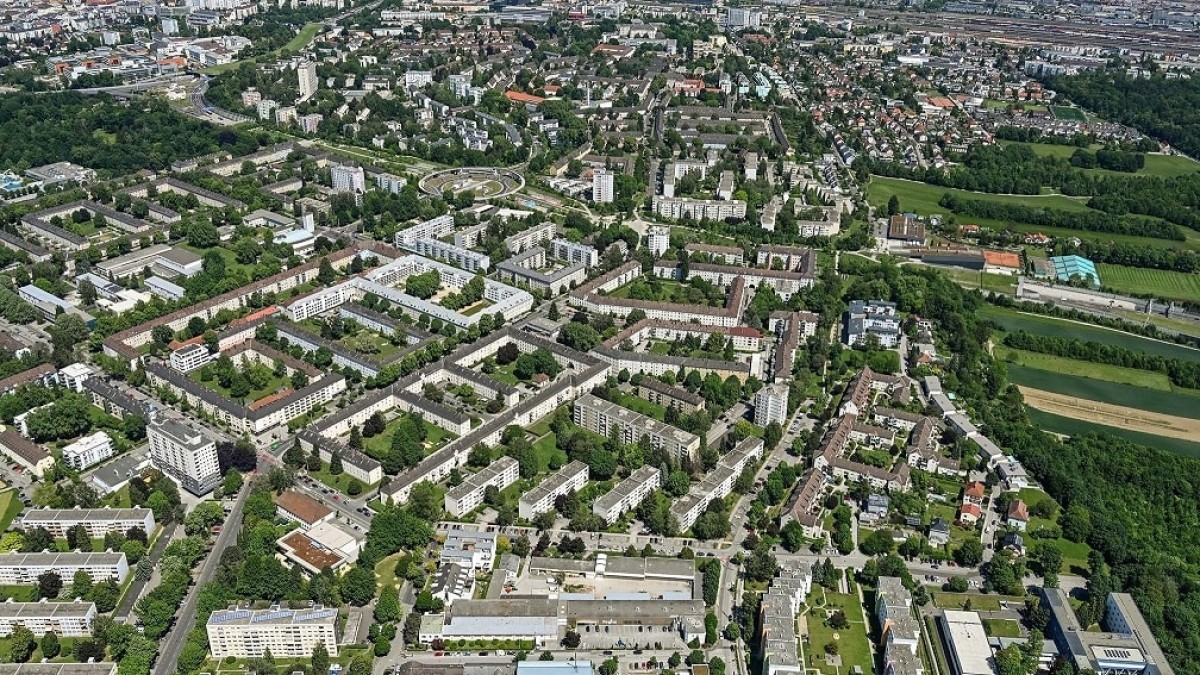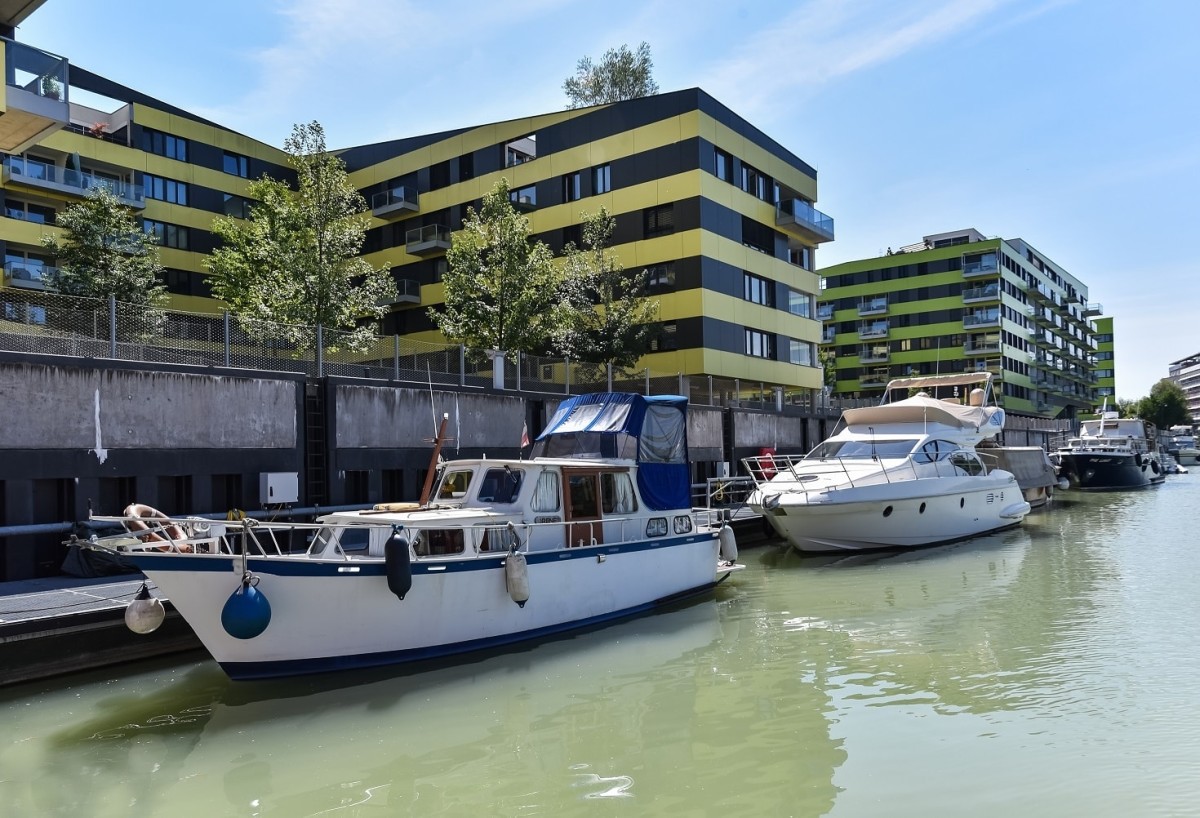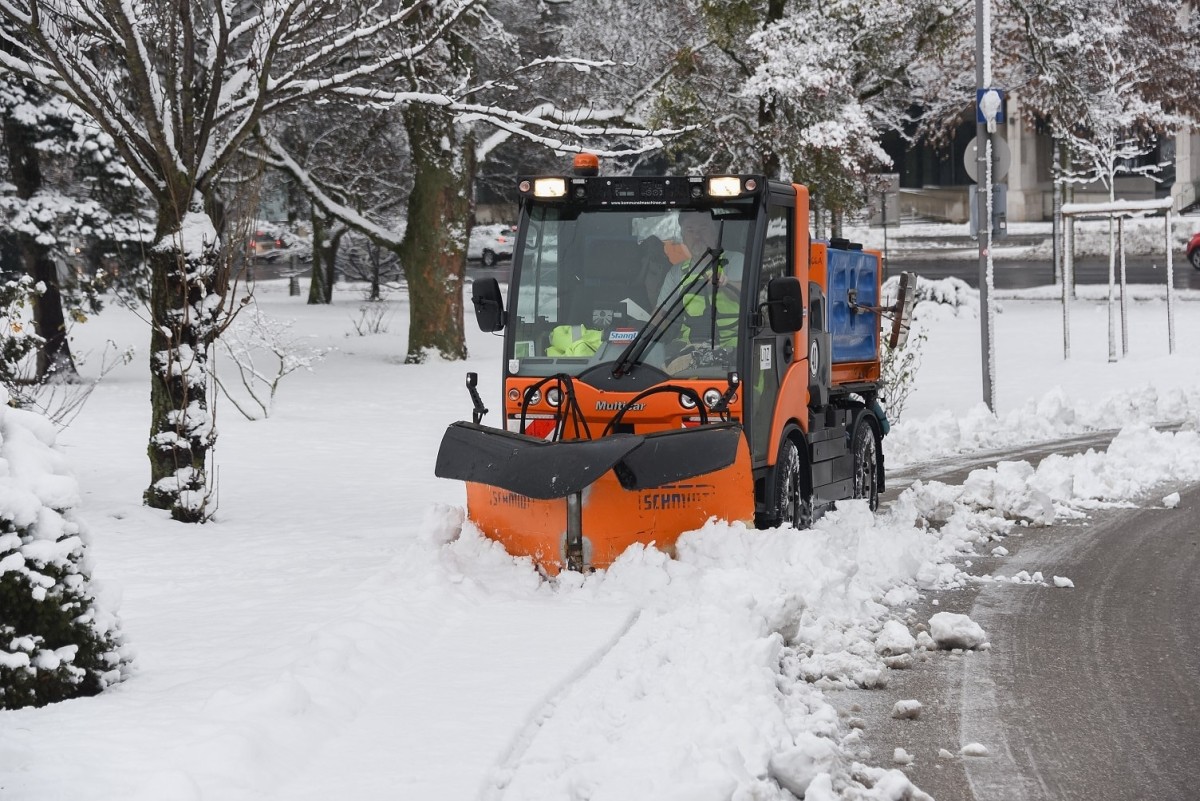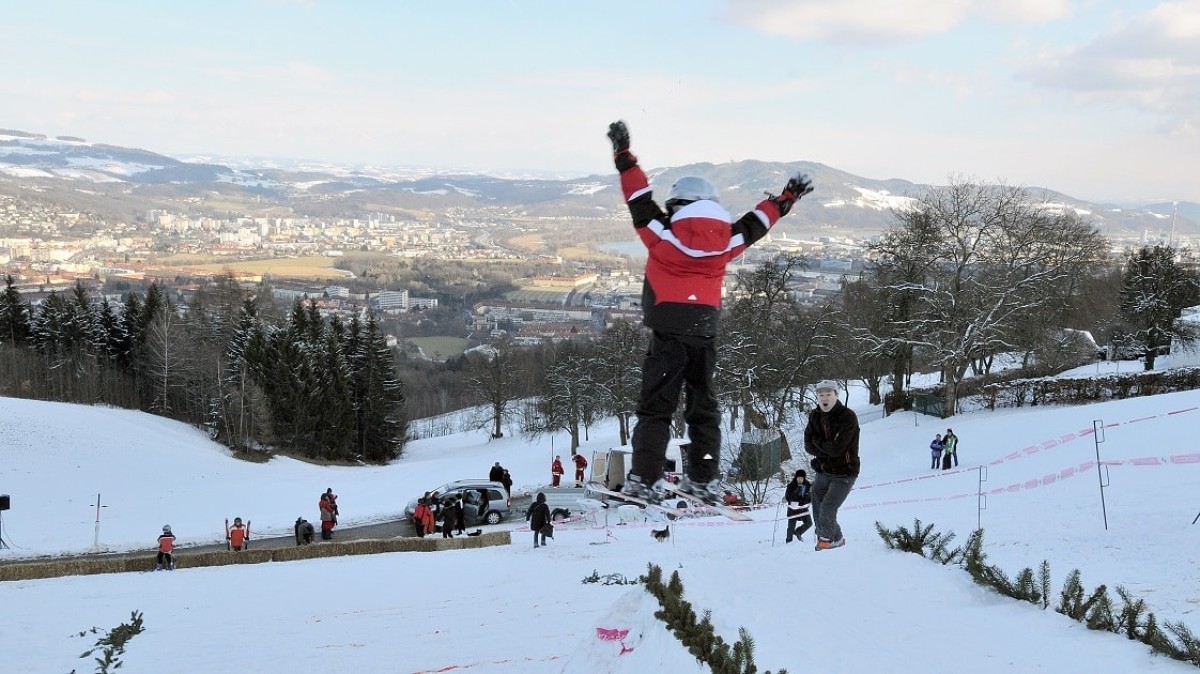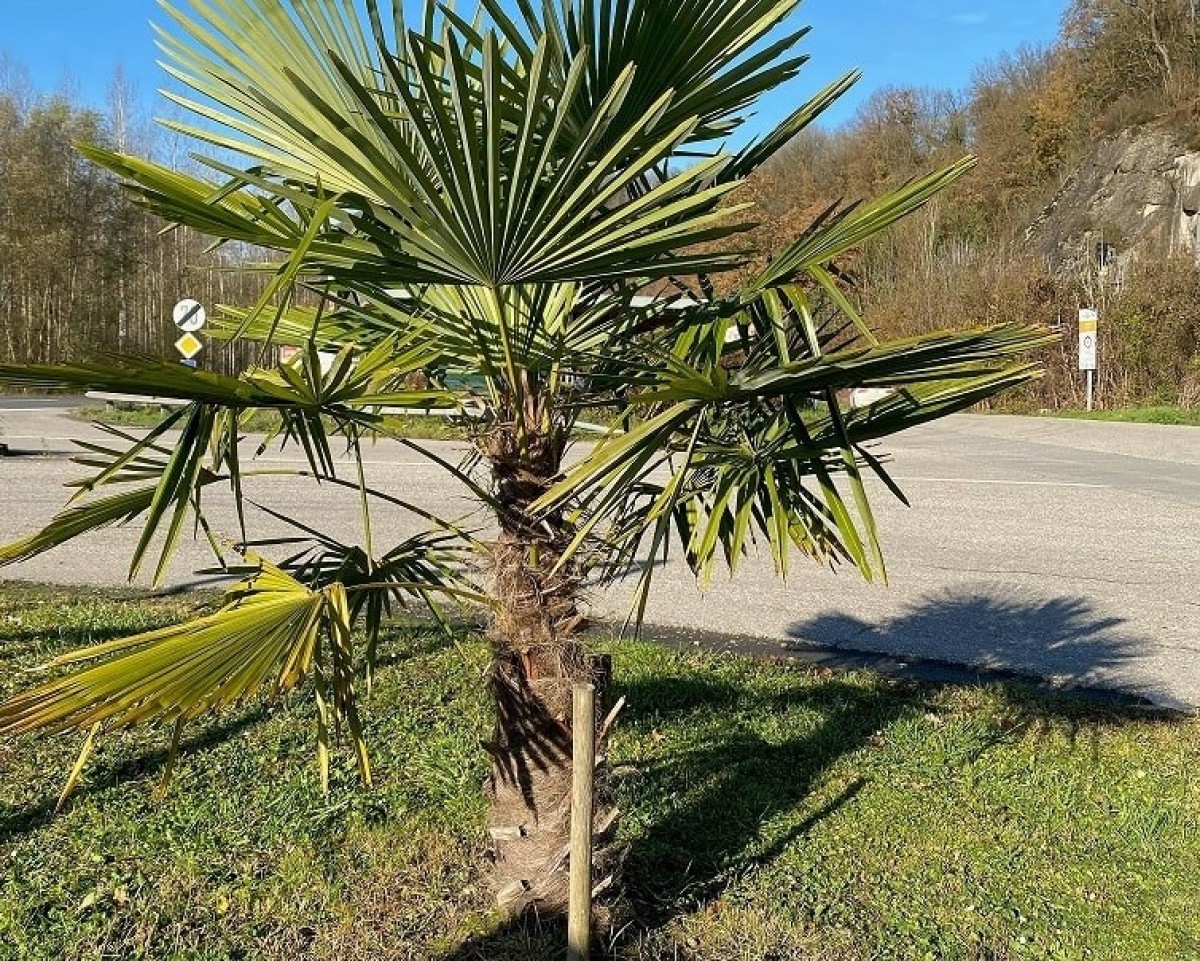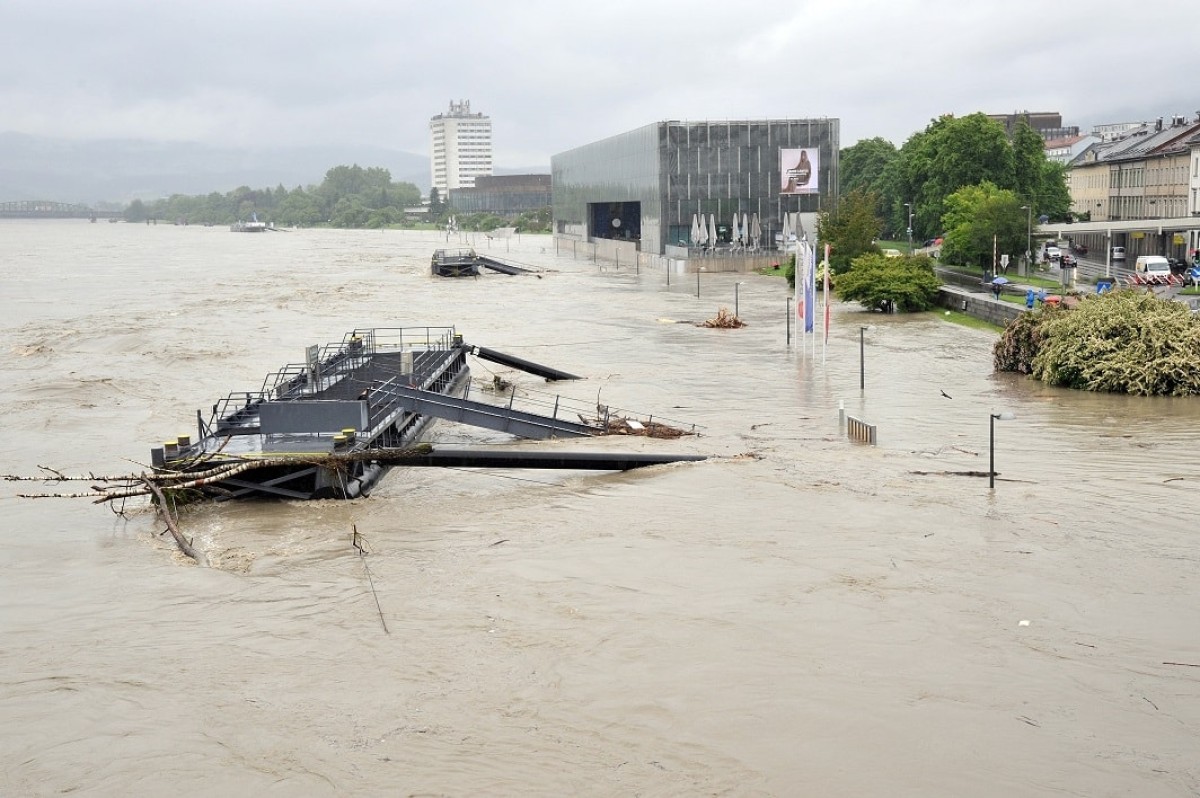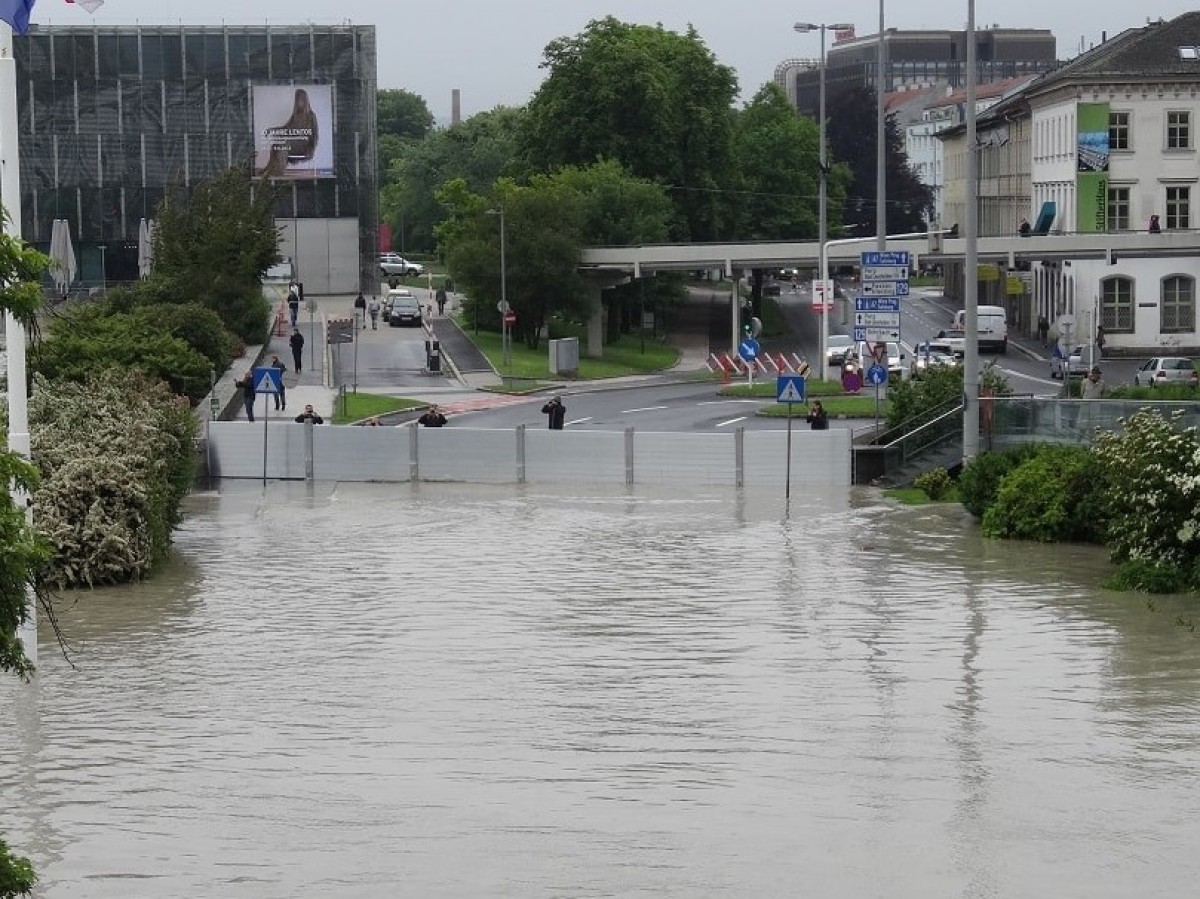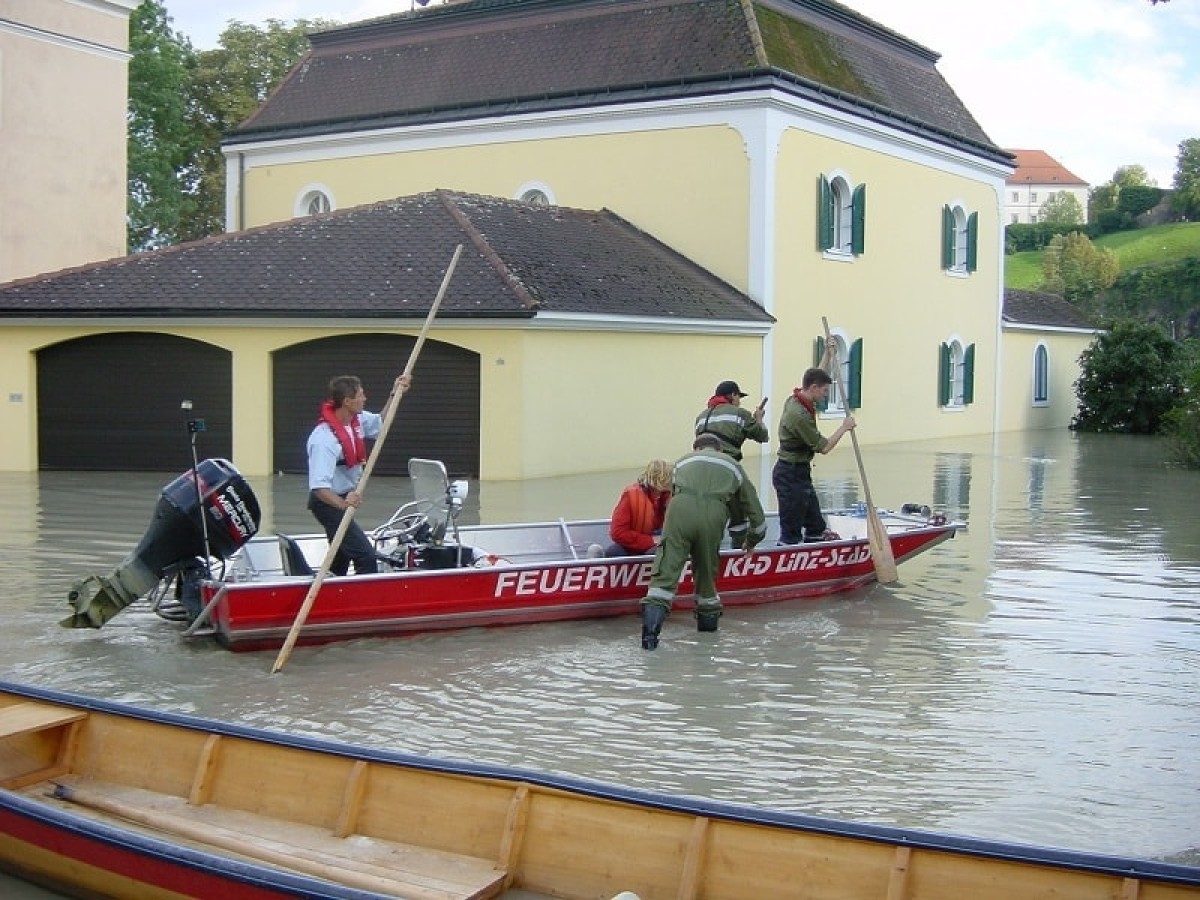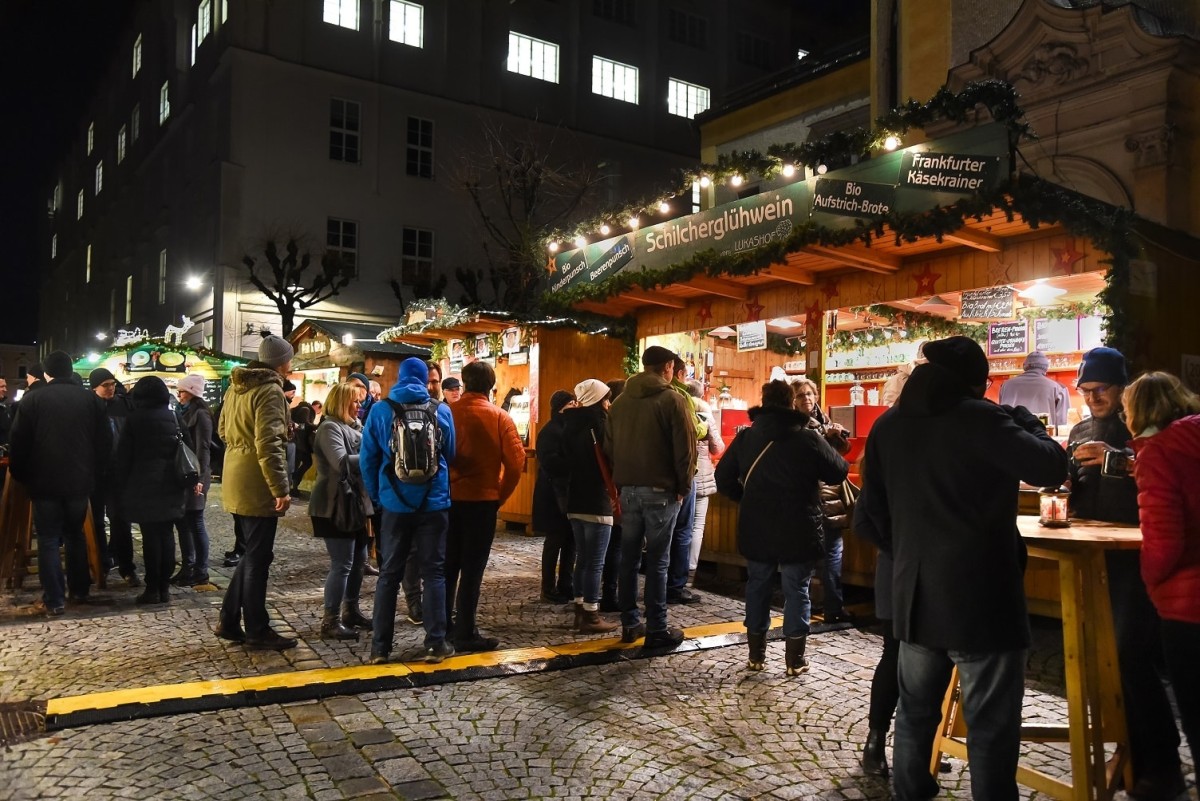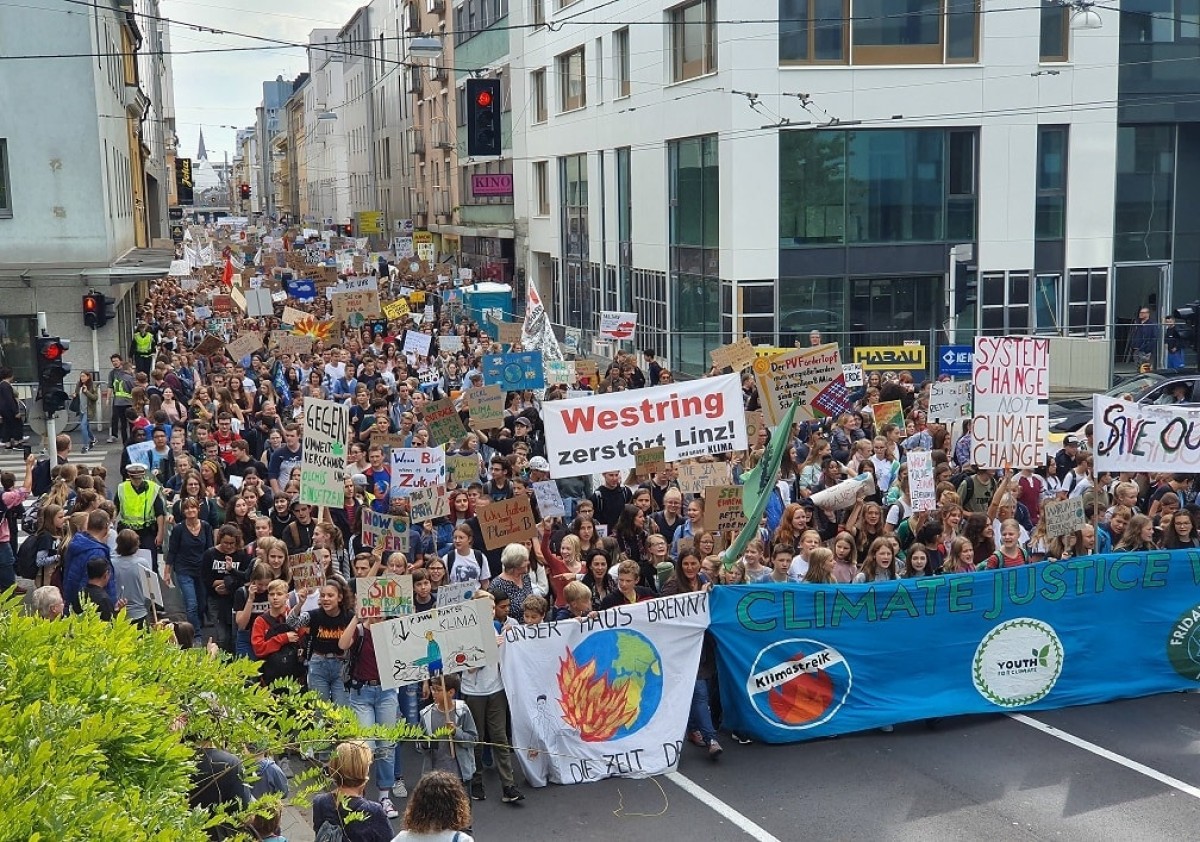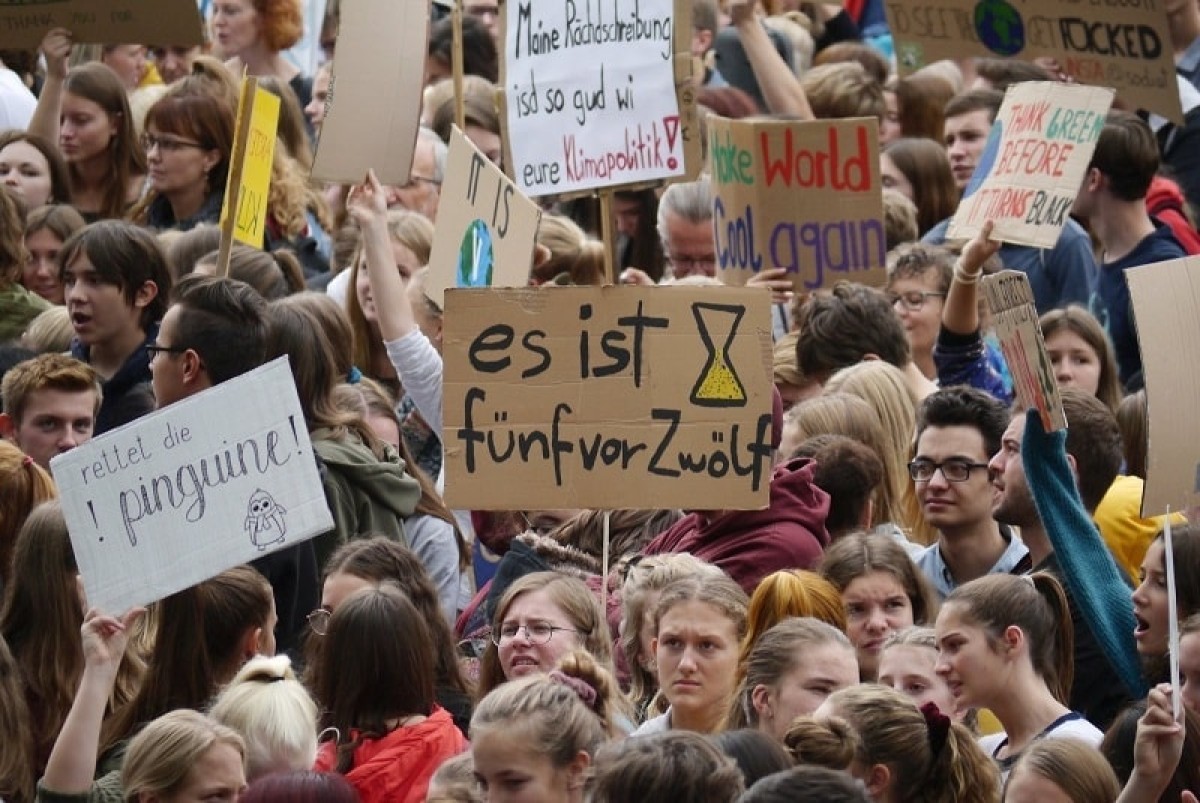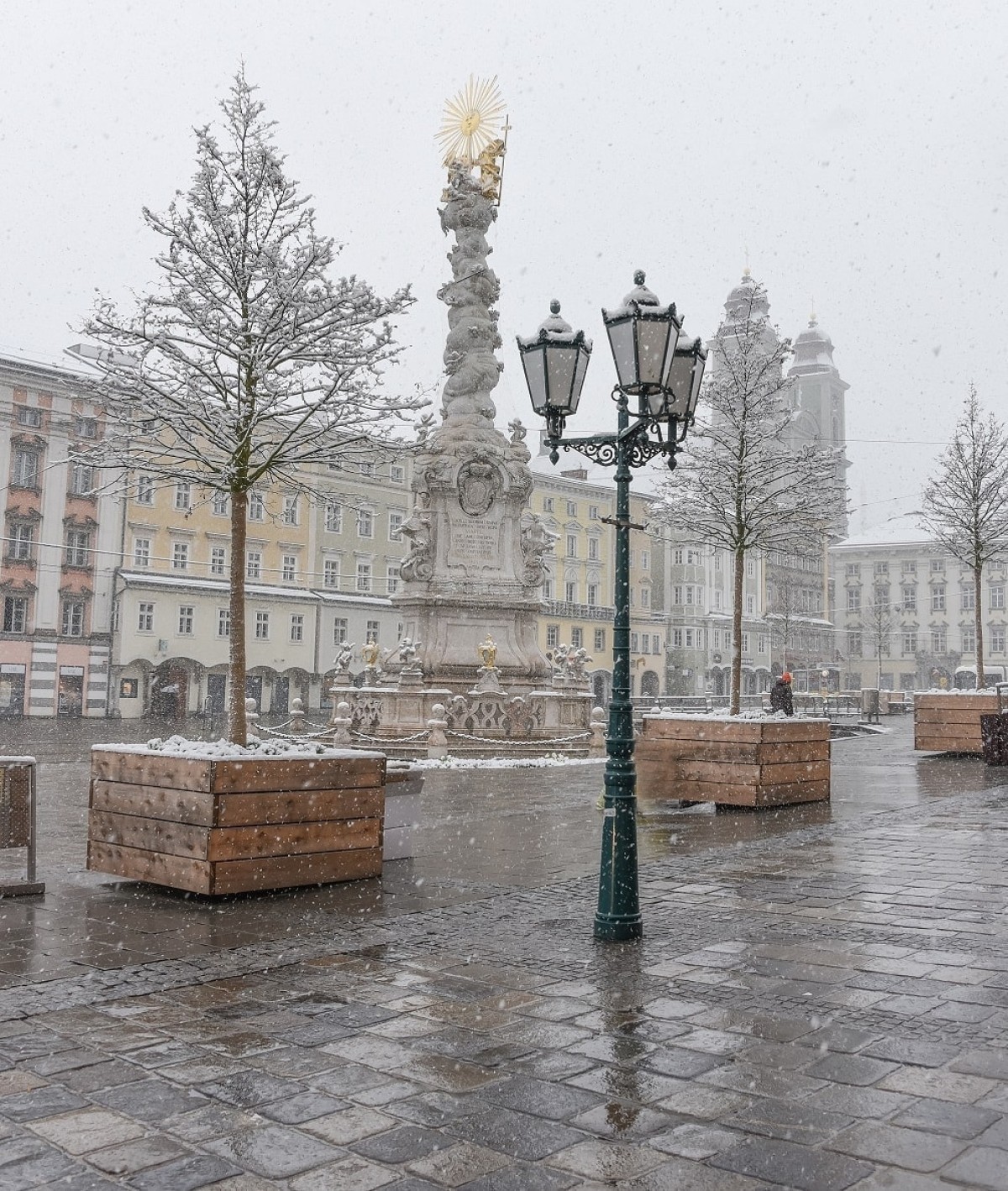Come with us on a journey through time! In the last 150 years, the global climate crisis has already left clear traces in the city of Linz. Climate consequences and other developments become visible in the photo project of the climate office and the archive of Linz.
Tip on the desktop: Just move the mouse over the pictures! - In the mobilen view: Click on the image once to see the representation today!
Danube in Winter 1985/2017
Between 1971-2000 there were around 36 ice days in Upper Austria on which the air temperature remained below 0°C. By 2050, due to climate change, there will only be 25 days on average. Natural phenomena such as the glaciation of the Danube are therefore unlikely to be marvelled at again in the near future.
Picture sources: Archive of Linz & City of Linz, Dworschak
